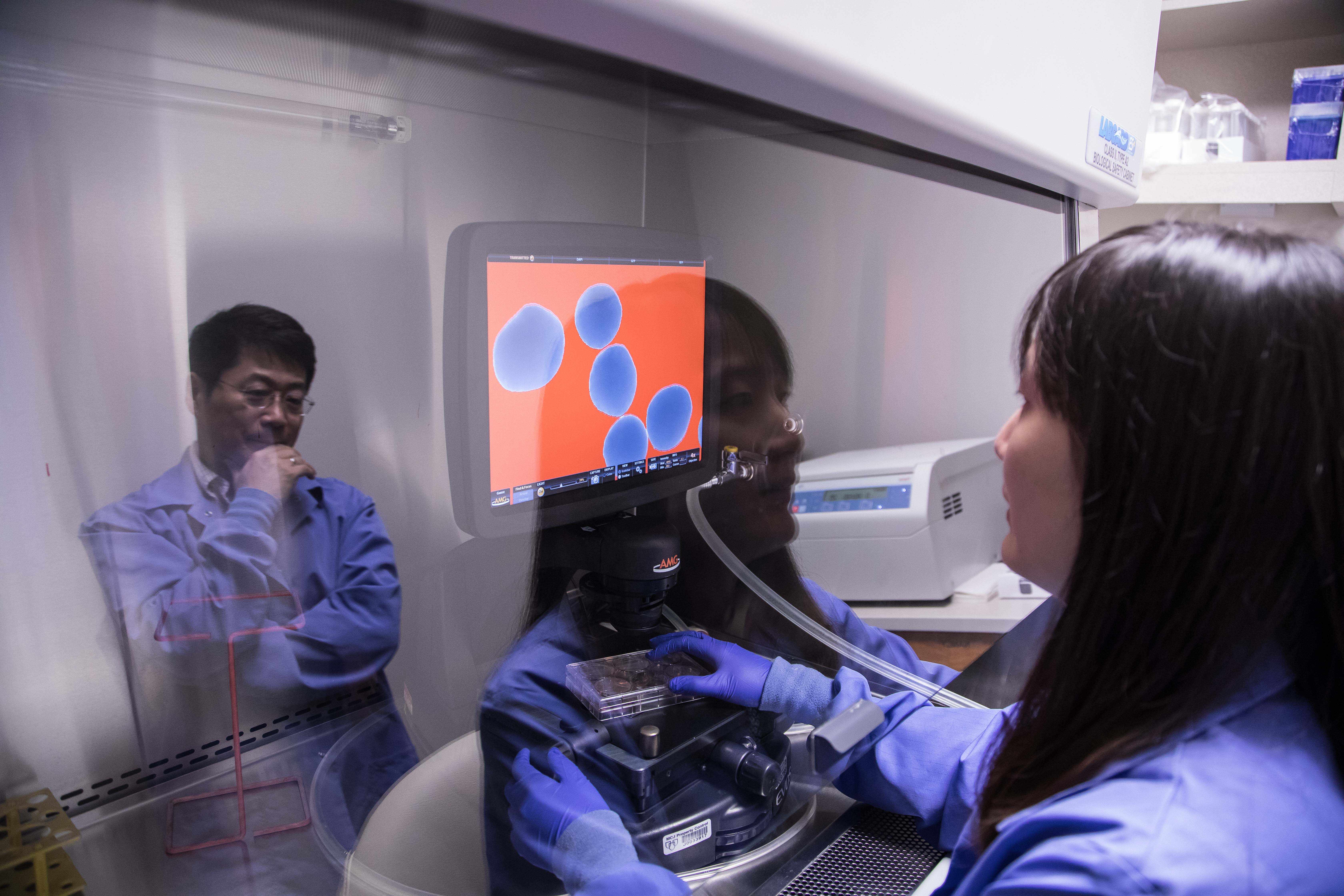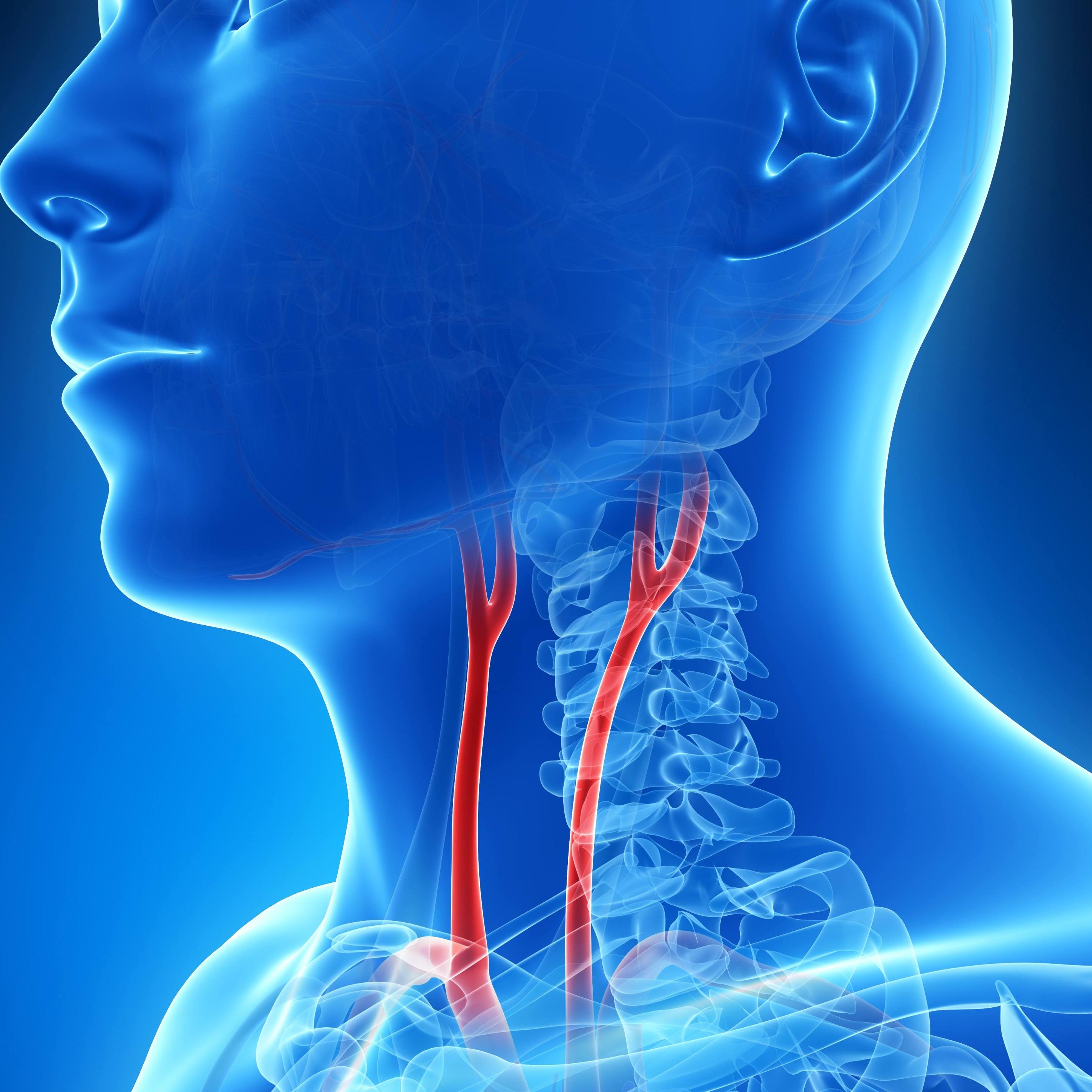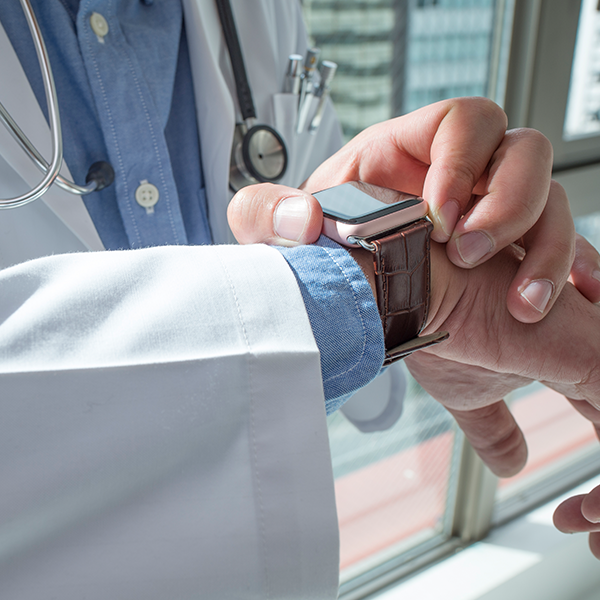-
Clinical Trials
FDA clears way for Mayo Clinic to accelerate production of stem cells for clinical trials through automation

JACKSONVILLE, Fla. — The U.S. Food and Drug Administration (FDA) has agreed to allow Mayo Clinic to use an automated bioreactor-based stem cell production platform on its campus in Jacksonville, Florida. This enables the Mayo Clinic Center for Regenerative Medicine to produce cells from the bone marrow of a stem cell donor in quantities large enough to make several doses that can be used as treatments in clinical trials.
This automated stem cell production platform, capable of producing billions of stem cells in short periods of time, took more than four years to develop with continual oversight and evaluation by the FDA. This advancement will increase the production of clinical grade stem cells to the Florida campus, establishing it among the first automated stem cell manufacturing sites nationwide. Stem cells that come from bone marrow have been shown to have many applications, including immune system modulation, reduction of inflammation, and the promotion of healing in several tissues such as bone, heart and brain.
“The new platform represents a giant leap in regenerative medicine, in which stem cells currently are being investigated as treatments for wide-ranging medical conditions,” says Guojun Bu, Ph.D., a Mayo Clinic neurologist, who is associate director of the Mayo Clinic Center for Regenerative Medicine. Dr. Bu is the Mary Leary Professor of Medicine.
Stem cell production has long been a labor-intensive process in which researchers cultivate hundreds of tissue-culture flasks over the course of months to produce enough cells for a few patients. However, the cells are needed on a large scale, such as for a recent Mayo Clinic clinical study that found infusions of stem cells to be safe for patients who have undergone lung transplants.
Established with funding from the Mayo Clinic Center for Regenerative Medicine, the new automated platform can generate several billion bone marrow-derived mesenchymal (adult) stem cells in a matter of days. In particular, the platform will support production of stem cells obtained from a healthy donor (versus stem cells taken from, and returned to, the same patient). “This may make treatments possible in cases where the patient’s own cells are not viable as therapy,” says Abba Zubair, M.D., Ph.D., medical director of Transfusion Medicine and the Human Cell Therapy Laboratory on the Florida campus. “In addition, because the cells can be produced in days instead of months, it may also make treatments available on short notice when they’re needed for acute care.”
Significantly, having the capability to produce large quantities of cells will facilitate the next stages of clinical studies, Dr. Zubair says. “Although Mayo Clinic has been poised to scale up regenerative clinical trials, to date we did not have the capacity to support them. With this new technology, we now can develop phase II trials enrolling larger numbers of patients to fully test the efficacy of cell-based therapies.”
Following federal and institutional guidelines, researchers are developing protocols to test stem cells therapies in areas where preclinical studies have suggested they will succeed. “Use of an automated cell manufacturing platform not only advances Mayo’s existing cell therapy capabilities, but also opens the door toward establishment of engineered cell-therapy platforms, transforming our ability to pursue targeted biologics-based approaches across Mayo Clinic in Arizona, Florida and Minnesota,” says cardiologist Atta Behfar, M.D., Ph.D., a Mayo Clinic cardiologist, who is director of the Van Cleve Cardiac Regenerative Medicine Program and deputy director of translation for the Center for Regenerative Medicine across Mayo Clinic. “The FDA allowance of this latest generation cell manufacturing platform not only allows Mayo to continue its quest to develop treatments in areas of unmet patient needs, but positions us at the forefront of regenerative innovation.”
Areas that Mayo Clinic researchers will advance the investigation of stem cell therapies include lung transplant rejection; chronic obstructive pulmonary disease; inflammatory bowel disease; and graft-versus-host disease, which is a complication of transplants.
###
About Mayo Clinic
Mayo Clinic is a nonprofit organization committed to clinical practice, education and research, providing expert, comprehensive care to everyone who needs healing. Learn more about Mayo Clinic. Visit the Mayo Clinic News Network.
Media contact:
- Paul Scotti, Mayo Clinic Public Affairs, 904-953-0199, scotti.paul@mayo.edu







